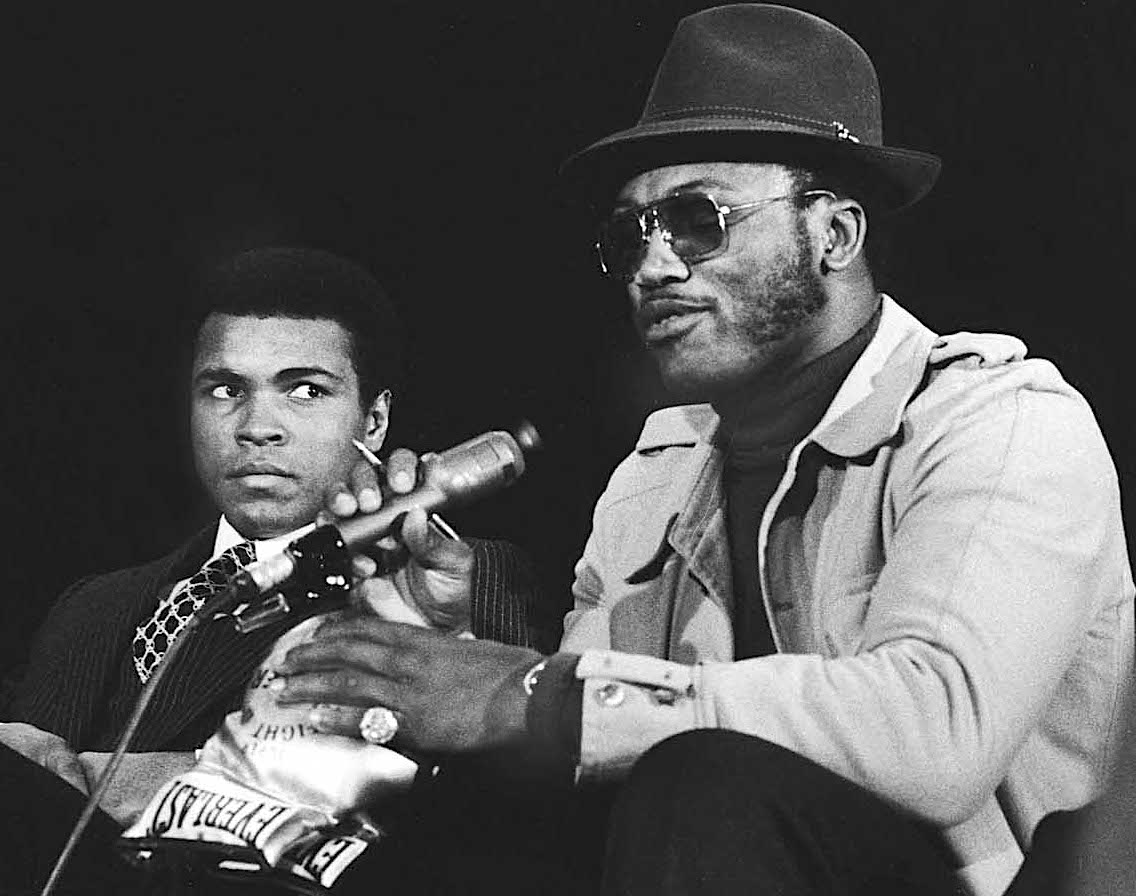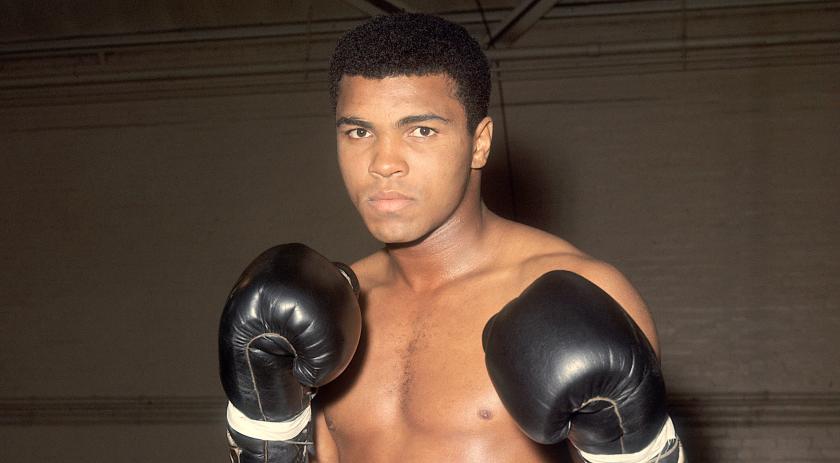As Anthony Joshua’s shock defeat by the unfancied Andy Ruiz Jr suggests, heavyweight boxers ain’t what they used to be. Antoine Fuqua’s sprawling HBO documentary (this was the first of two parts) bangs the point home with its vivid examination of Muhammad Ali, the sport’s all-time greatest exponent, a fighter whose influence stretched way beyond sport into politics, religious faith and racial identity.
The boxer formerly known as Cassius Clay was born in Louisville, Kentucky in January 1942. He changed his name after he’d defeated world champion Sonny Liston in 1964 and converted to Islam – his close association with the Nation of Islam was controversial back then, and would have been catclysmic in today’s climate – and became a sensation not just for his boxing, but for his motormouth boastfulness and gift for self-mythologising rap-style poetry.
Fuqua’s film was made in cooperation with the Ali estate and makes no attempt to probe his private life, concentrating instead on his fights and his public persona. It was compiled from 1,000 hours of video and audio material, and uses clips from Ali’s interviews to construct the narrative rather than an outside narrator (pictured below, Ali with Joe Frazier).
 As well as a portrait of Ali, the film is a powerfully evocative reminder of some of the most tumultuous decades in American history, blighted as they were by racial conflict, assassinations and the Vietnam war. The young Clay was an exuberant interviewee with a shrewd wit, and frequently made sharp observations about America’s racial divide (why couldn’t you use the word “whitemail” instead of “blackmail”, he wondered, and why he was barred from eating in a restaurant in his home town after he’d just won an Olympic gold medal?). There’s a startling sequence where Ali was so infuriated by his opponent Ernie Terrell insisting on calling him Cassius Clay that he denounced him as “an old Uncle Tom”, and promised to punish him in the ring. He duly did so, keeping up a furious running commentary and yelling “what’s my name?” as he rained punches on the unfortunate Terrell.
As well as a portrait of Ali, the film is a powerfully evocative reminder of some of the most tumultuous decades in American history, blighted as they were by racial conflict, assassinations and the Vietnam war. The young Clay was an exuberant interviewee with a shrewd wit, and frequently made sharp observations about America’s racial divide (why couldn’t you use the word “whitemail” instead of “blackmail”, he wondered, and why he was barred from eating in a restaurant in his home town after he’d just won an Olympic gold medal?). There’s a startling sequence where Ali was so infuriated by his opponent Ernie Terrell insisting on calling him Cassius Clay that he denounced him as “an old Uncle Tom”, and promised to punish him in the ring. He duly did so, keeping up a furious running commentary and yelling “what’s my name?” as he rained punches on the unfortunate Terrell.
Fuqua (who directed the Jake Gyllenhaal boxing drama Southpaw) has an obvious affinity for the sport, skilfully blending fight footage with music or Ali’s poetry, and also extracting full value from some superb black and white still photographs taken ringside. Milestone moments like Ali’s refusal to be drafted to the Vietnam war on religious grounds – which cost him four years of his boxing career, but helped to make him a counterculture icon and a beacon of the Civil Rights movement – are a testament to his towering stature.














Add comment